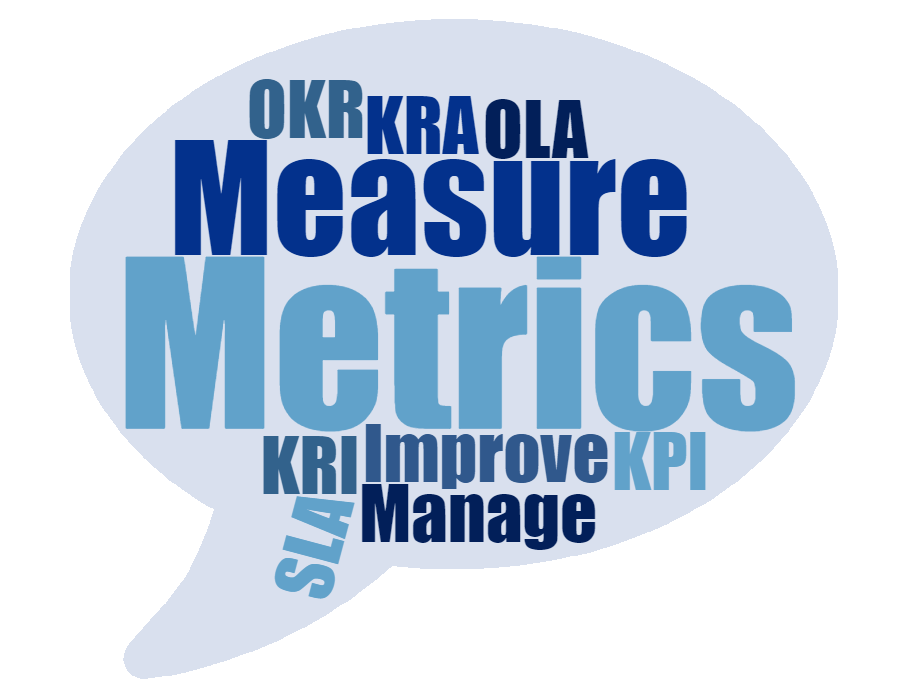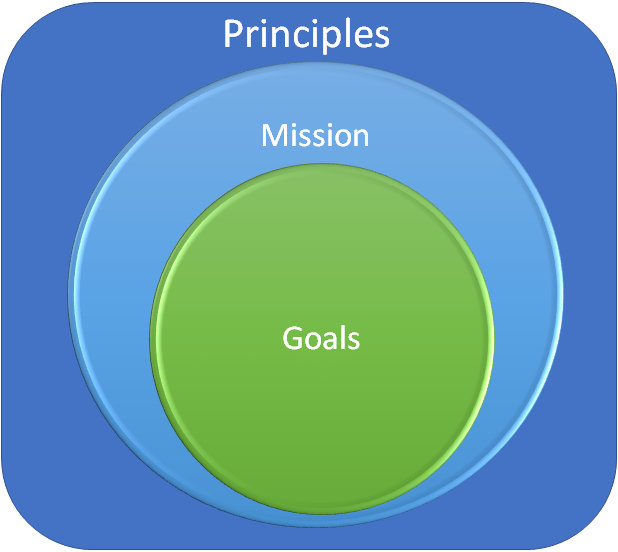 I read quite a lot – for work, for education and for pleasure. Not as much in the last category any more, and less overall than I used to, but there are still a few fiction titles every year, usually in the “damn near brain-dead/guilty pleasure” category. There are very, very few books that I read hundreds of times. The Gruffalo is the only one this year.
I read quite a lot – for work, for education and for pleasure. Not as much in the last category any more, and less overall than I used to, but there are still a few fiction titles every year, usually in the “damn near brain-dead/guilty pleasure” category. There are very, very few books that I read hundreds of times. The Gruffalo is the only one this year.
It’s probably obvious that I have a young child – the Gruffalo isn’t a religious text, or a set of instructions for life. But there are lessons in it, and the reading of it, just the same. Continue reading “Lessons from the Gruffalo”

 If you’ve managed teams or organisations for a while, you know there’s invariably one. The team member who gets categorised as “high-maintenance” or sometimes even “highly strung”. They are valuable members of the team, often solid engineers, technologists or other specialists, but they consume a disproportionate amount of your time as a manager.
If you’ve managed teams or organisations for a while, you know there’s invariably one. The team member who gets categorised as “high-maintenance” or sometimes even “highly strung”. They are valuable members of the team, often solid engineers, technologists or other specialists, but they consume a disproportionate amount of your time as a manager. Inertia is tough to overcome. We become comfortable, and in becoming comfortable, we become less hungry, more steady state. Energy comes from uncertainty and instability- channeling the energy leads to movement, hopefully in the right direction.
Inertia is tough to overcome. We become comfortable, and in becoming comfortable, we become less hungry, more steady state. Energy comes from uncertainty and instability- channeling the energy leads to movement, hopefully in the right direction. It’s not news that Shakespeare had
It’s not news that Shakespeare had I’ve just finished reading Derek Sivers “
I’ve just finished reading Derek Sivers “ KRIs, KPIs, KRAs, SLAs, OLAs, a smorgasbord of three letter acronyms, all intending to provide meaningful measurement of performance and delivery.
KRIs, KPIs, KRAs, SLAs, OLAs, a smorgasbord of three letter acronyms, all intending to provide meaningful measurement of performance and delivery. Peter Drucker writes in his book that doing the right thing is one of the primary attributes of the “
Peter Drucker writes in his book that doing the right thing is one of the primary attributes of the “